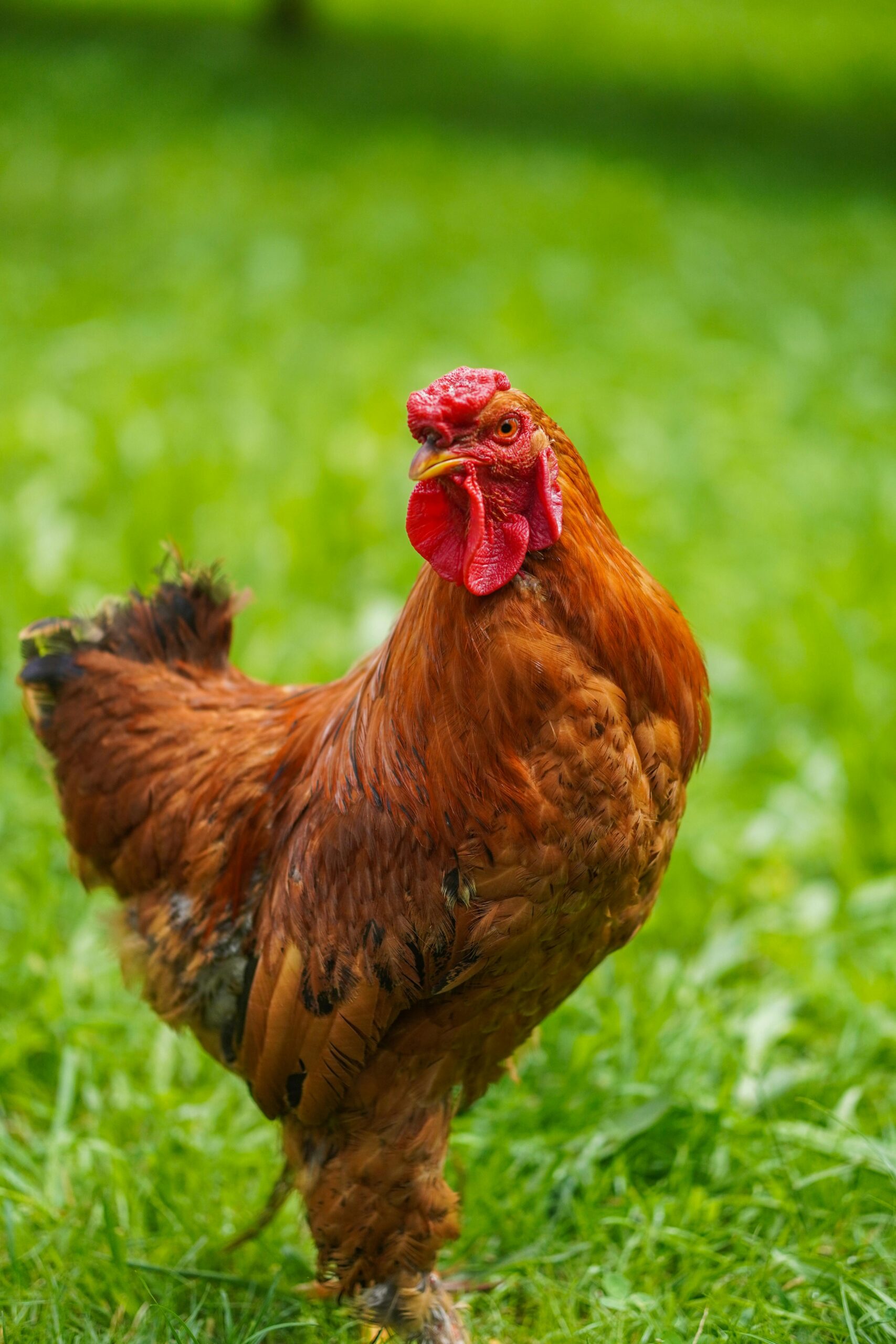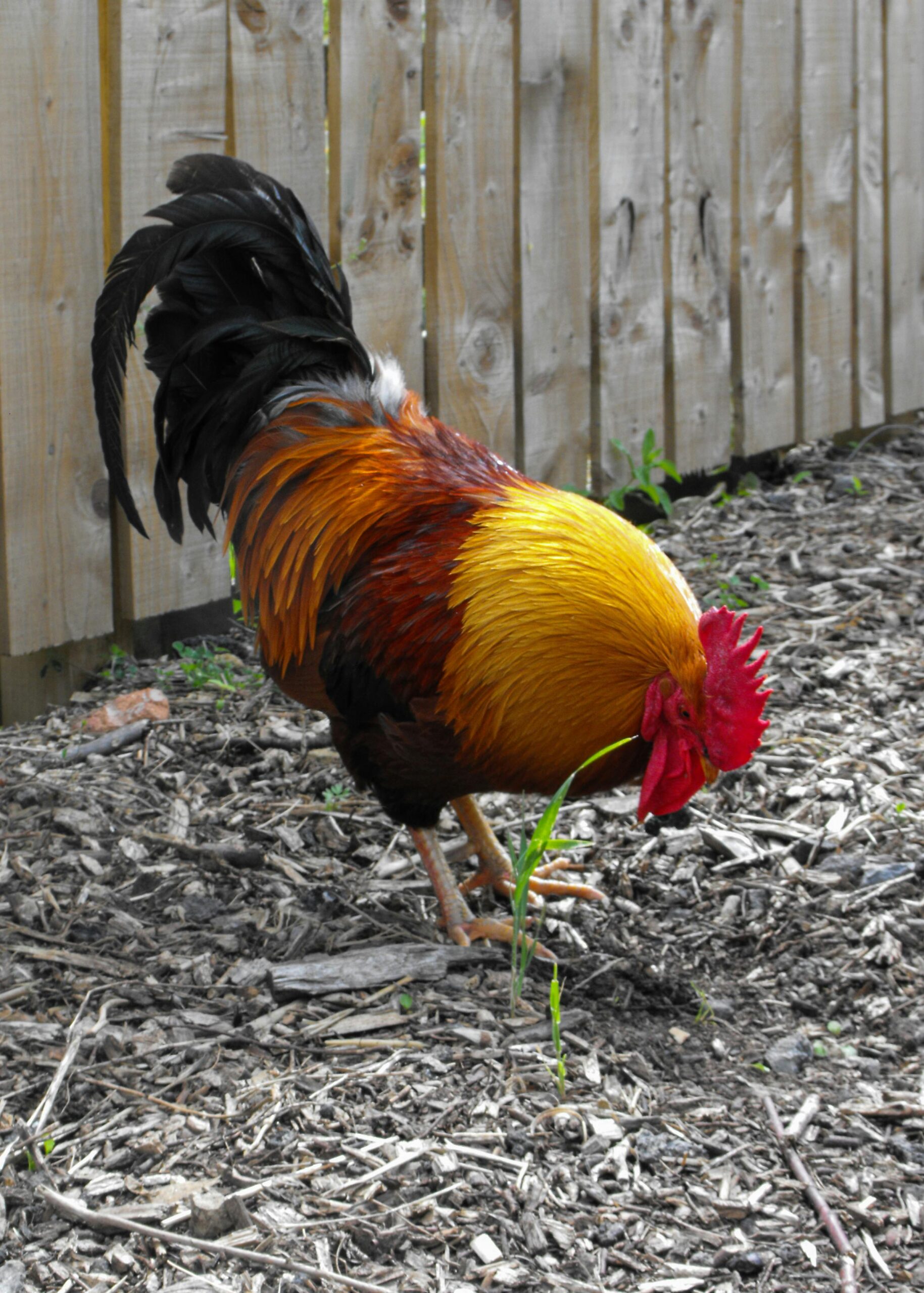International Business Times (IBTimes)
Introduction
California is facing a sharp increase in egg prices as a result of a widespread bird flu outbreak affecting poultry farms across the state. The highly contagious avian influenza has led to the culling of millions of chickens, disrupting egg production and driving up costs for consumers. This report summarizes the key details of the outbreak, its economic impact, and the broader implications for the poultry industry and food supply chain.
Key Details of the Bird Flu Outbreak

Photo for reference
- Extent of the Outbreak:
- The bird flu outbreak has affected numerous commercial and backyard poultry farms in California, leading to the culling of millions of birds to prevent further spread.
- The virus, known as Highly Pathogenic Avian Influenza (HPAI), is highly contagious and often fatal to poultry.
- Impact on Egg Production:
- The loss of millions of egg-laying hens has significantly reduced egg production in the state, creating a supply shortage.
- California, one of the largest egg-producing states in the U.S., plays a critical role in the national egg supply chain.
- Rising Egg Prices:
- The reduced supply has caused egg prices to surge, with some reports indicating price increases of up to 50% or more in certain areas.
- Consumers are feeling the impact at grocery stores, where the cost of eggs has risen sharply.
Economic and Social Impact
- Consumer Burden:
- Higher egg prices are straining household budgets, particularly for low-income families who rely on eggs as an affordable source of protein.
- Restaurants and food businesses that depend on eggs are also facing increased costs, which may be passed on to customers.
- Farmers’ Losses:
- Poultry farmers are experiencing significant financial losses due to the culling of flocks and reduced egg production.
- The outbreak has also disrupted farmers’ livelihoods, with some facing long-term challenges in rebuilding their flocks and operations.
- Supply Chain Disruptions:
- The bird flu outbreak has created ripple effects throughout the food supply chain, affecting not only egg prices but also the availability of other poultry products.
Response and Mitigation Efforts
- Government Action:
- State and federal authorities are working to contain the outbreak through increased biosecurity measures, surveillance, and culling of infected flocks.
- The U.S. Department of Agriculture (USDA) is providing support to affected farmers, including compensation for culled birds.
- Industry Measures:
- Poultry farmers are implementing stricter biosecurity protocols to prevent the spread of the virus, such as limiting farm access and disinfecting equipment.
- Some farms are exploring vaccination options, although widespread vaccination programs are not yet in place.
- Public Awareness:
- Authorities are urging consumers to practice proper food safety measures, such as cooking eggs thoroughly, to reduce the risk of transmission.
Broader Implications
- Food Security Concerns:
- The bird flu outbreak highlights the vulnerability of the food supply chain to disease outbreaks and climate-related challenges.
- Ensuring food security will require proactive measures to prevent and manage such crises in the future.
- Global Context:
- The California outbreak is part of a larger global trend, with bird flu cases reported in Europe, Asia, and other parts of the U.S. in recent years.
- International cooperation and information sharing are essential to combat the spread of avian influenza.
- Long-Term Solutions:
- Investing in research and technology to develop more resilient poultry breeds and effective vaccines could help mitigate the impact of future outbreaks.
- Strengthening biosecurity measures and improving early detection systems are also critical.
Conclusion
The bird flu outbreak in California has led to a significant rise in egg prices, impacting consumers, farmers, and the broader food supply chain. While efforts are underway to contain the outbreak and support affected stakeholders, the crisis underscores the need for long-term solutions to enhance food security and prevent future disruptions. As the situation evolves, continued vigilance and collaboration among government, industry, and consumers will be essential to address the challenges posed by avian influenza.
Prepared by: FR Staff
This report is based on the article published by International Business Times (IBTimes). For more details, refer to the original source.
Opinion Piece: The Case for Micro Farms, Backyard Chickens, and Self-Sufficiency
By FR Staff
In an era of rising food prices, supply chain disruptions, and environmental concerns, the idea of self-sufficiency is more appealing than ever. Micro farms and backyard chickens are not just nostalgic trends from a bygone era—they are practical, sustainable solutions to many of the challenges we face today. By embracing these small-scale agricultural practices, we can reclaim control over our food supply, reduce our environmental footprint, and foster a deeper connection to the land and our communities.

The Rise of Micro Farms and Backyard Chickens
Micro farms—small, intensively cultivated plots of land—and backyard chicken coops are gaining popularity across urban, suburban, and rural areas. These practices allow individuals and families to grow their own fruits, vegetables, and herbs, and even raise chickens for eggs and meat. What was once seen as a hobby for the eco-conscious or the homesteader is now becoming a necessity for many.
The reasons for this shift are clear:
- Food Security: The COVID-19 pandemic and recent supply chain disruptions have exposed the fragility of our global food system. Micro farms and backyard chickens provide a reliable source of fresh, nutritious food, reducing dependence on grocery stores and industrial agriculture.
- Cost Savings: With food prices soaring, growing your own produce and raising chickens can significantly cut grocery bills. A single backyard chicken can lay up to 300 eggs per year, providing a steady supply of protein for a family.
- Environmental Benefits: Small-scale farming reduces the need for long-distance transportation, packaging, and chemical inputs, all of which contribute to environmental degradation. Backyard chickens also help reduce food waste by eating kitchen scraps, and their manure can be composted to enrich garden soil.
The Joy of Self-Sufficiency
There’s something deeply satisfying about growing your own food and raising animals. It’s a return to basics—a way to reconnect with the rhythms of nature and take pride in providing for yourself and your family. Self-sufficiency isn’t just about survival; it’s about thriving.
- Healthier Food: Homegrown produce and eggs from backyard chickens are fresher, tastier, and often more nutritious than store-bought alternatives. You have full control over what goes into your food, free from harmful pesticides, antibiotics, and synthetic fertilizers.
- Educational Value: For children, micro farms and backyard chickens offer hands-on lessons in biology, ecology, and responsibility. They learn where food comes from and develop a greater appreciation for the effort it takes to produce it.
- Community Building: Sharing surplus produce or eggs with neighbors fosters a sense of community and mutual support. It’s a reminder that we’re all in this together.



Overcoming Challenges
Of course, self-sufficiency isn’t without its challenges. Not everyone has access to land, and urban dwellers may face zoning restrictions or limited space. However, creative solutions abound:
- Container Gardening: Even a small balcony or patio can support a thriving garden using pots, raised beds, or vertical planters.
- Community Gardens: These shared spaces provide opportunities for urban residents to grow their own food and connect with like-minded individuals.
- Advocacy: Push for local policy changes to allow backyard chickens and urban farming in more areas. Many cities are already relaxing regulations in response to growing demand.
A Call to Action
The move toward micro farms and backyard chickens is more than just a trend—it’s a movement. It’s about taking responsibility for our food, our health, and our planet. It’s about rejecting the notion that we must rely on distant corporations to feed us and instead embracing the power we have to provide for ourselves.
Imagine a world where every backyard is a mini-farm, where every neighborhood has a community garden, and where every family has access to fresh, homegrown food. This vision is within reach, but it requires a shift in mindset and a commitment to action.
Start small. Plant a few herbs or vegetables. Build a chicken coop. Share your journey with others. Together, we can create a more resilient, sustainable, and self-sufficient future—one backyard at a time.
Author’s Note: Self-sufficiency isn’t about doing everything on your own; it’s about taking meaningful steps toward independence and sustainability. Whether you’re growing a single tomato plant or raising a flock of chickens, every effort counts. Let’s get back to our roots and build a better future, one seed and one egg at a time.









Leave a Reply